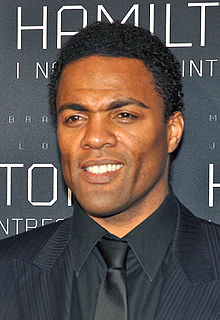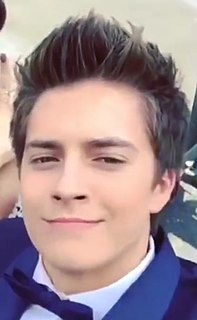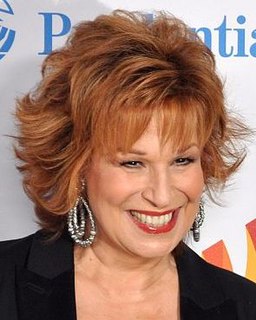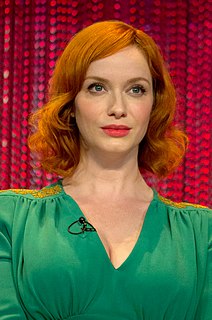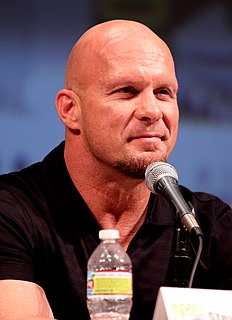A Quote by Ray Fearon
The script looks huge when you first get it, but you just have to go home and drill the lines out. The more you read it, the shorter it gets. I usually read it at least four times.
Related Quotes
On 'Lab Rats,' I read the script probably three or four times before we ever even do a table read because I want to be completely prepared. And I want to know exactly which beats I have to hit and where I need to make something comical. Some lines need a little more than others do just to get the point across, to get the joke to be funny.
When you start out as an actor, you read a script thinking of it at its best. But that's not usually the case in general, and usually what you have to do is you have to read a script and think of it at its worst. You read it going, "OK, how bad could this be?" first and foremost. You cannot make a good film out of a bad script. You can make a bad film out of a good script, but you can't make a good film out of a bad script.
I can still remember. I was ill, and I was seven, and my father didn't want me to just read children's books. He came with Conan Doyle. I tried, and I liked it. I think the first I read was 'The Sign of the Four'; 'Study in Scarlet' was the next one. Then I guess I stayed home a few extra days from school to read.
You liked the freshness of it, c'mon try it" and I said "oh God, I read it three of four times" and finally I said "all right, I want you guys to organize a reading and I want you to be there to see how terrible this is not going to work at all", so we had a table like this, and read the script, and it was just great.
I had to audition for Fandango. When I read the script, the role that was interesting - so everyone thought - was the role that Costner played. He was the cool guy. And I read the script, and my representation at the time said, "That's the role you should read for." And I was like, "Really? How about I read for this other role." And they went, "Well, you're not going to get that role."
